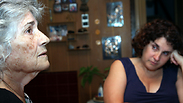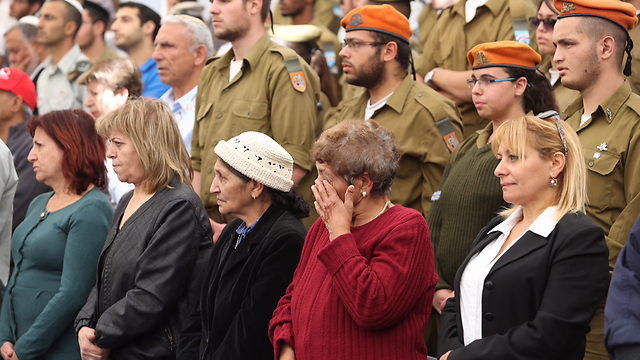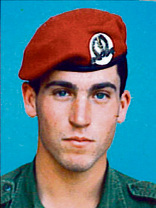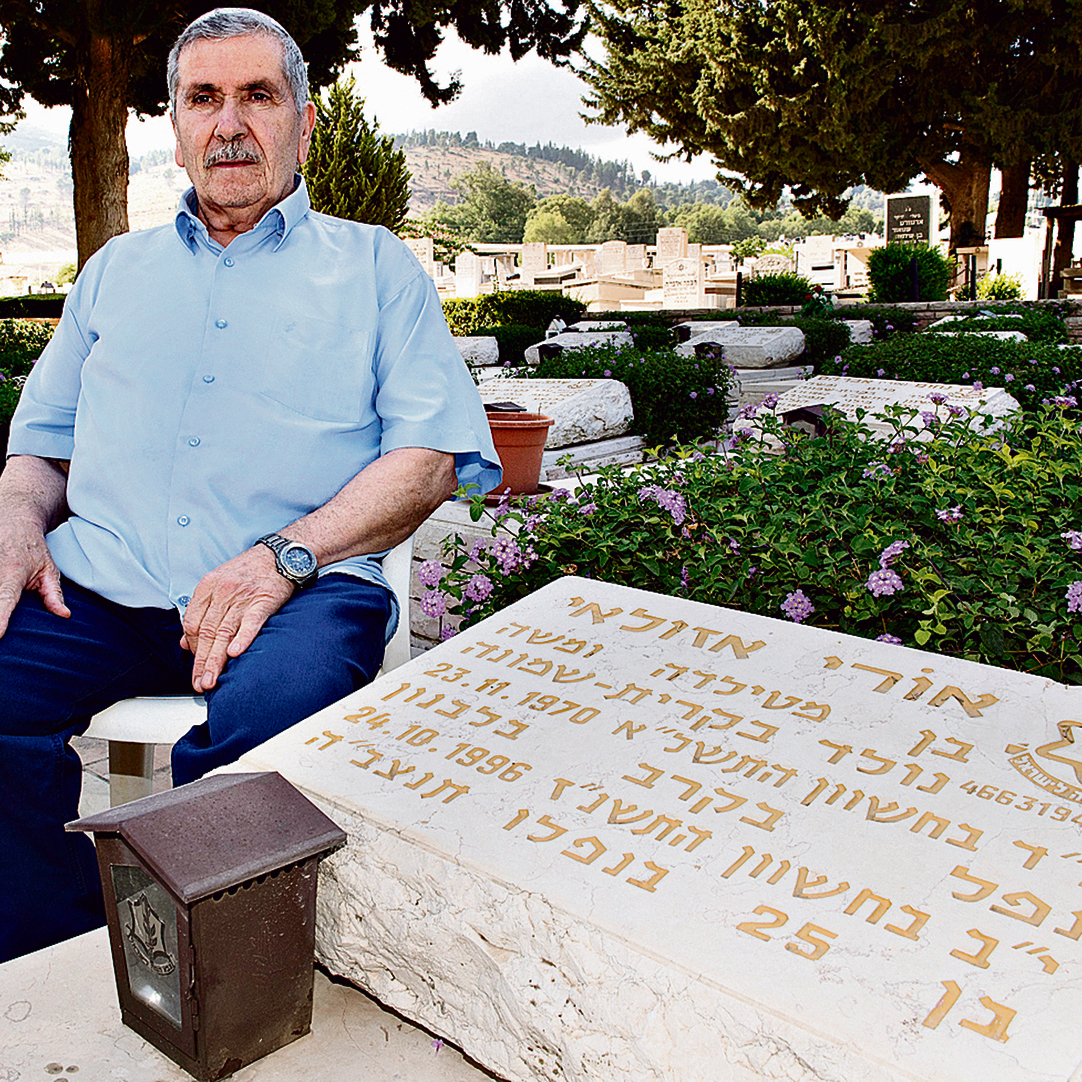
Bereaved family
צילום: רועי עידן
Bereaved parents call to officially recognize First Lebanon War
The First Lebanon War—which began on 6 June 1982 and ended on September that year—is still referred to by the State of Israel as Operation Peace for the Galilee, while the 18 years following it until Israel officially withdrew from Lebanon are not officially recognized by the state as a war; bereaved parents now call out to do justice by the soldiers who fell in the battle during that time by recognizing them as casualties of war.
Many bereaved families who lost their loved ones on Lebanese soil between June 1982 and May 2000—when the IDF withdrew from Lebanon—are demanding that the state recognizes their sons as war casualties of the First Lebanon War—a war that, in itself, is not officially recognized as a war by the state.
Recently, the Yad Labanim organization commissioned a survey by the Smith Institute for bereaved parents whose loved ones were killed in Lebanon in order to examine the parents' position on the proposal to declare the war in Lebanon between 1982 and 2000 as the First Lebanon War.
"For years, bereaved families have approached us with the claim that the Second Lebanon War was declared a war, yet there is no First Lebanon War," says Eli Ben-Shem, chairman of the Yad Labanim organization. "They called the first battles Operation Peace for Galilee, but at the time—for political reasons among others—refrained from declaring it a war. After many years of fighting, hundreds of soldiers were killed on Lebanese soil, but it was never defined as a war."
Ben-Shem added that "the person who began the fight for the renaming was Raya Harnik, the mother of Major Goni Harnik, 26, commander of the Golani reconnaissance unit that was killed in the battle for Beaufort in June 1982. Goni's mother did not agree with the inscription on the monument, which said that her son fell in Operation Peace for the Galilee, and so changed the inscription to 'Fell in the Lebanon War.'"
Yad Lebanim said that over the years, following the families' requests, the issue was brought before the country's leaders, and they were told that they did not know what the families wanted. "We decided to conduct a serious survey, in order to examine the families' position," Ben-Shem said.
The telephone survey included 300 families, and indicated that 41 percent of the families supported the official renaming of the entire campaign in Lebanon as the First Lebanon War. 19 percent were opposed and 40 percent did not express any opinion.
"We decided to examine the data among the group of those who had an opinion, without including those who abstained," explained Rafi Smith, Partner and Senior Researcher of the Smith Institute. "In this examination it was found that 68 percent support the initiative, while 32 percent oppose it."
Ben-Shem is a bereaved father himself. He lost his son, Lieutenant Kobi Ben-Shem, 21, who was killed in the helicopter disaster of February 4, 1997. "It's written on my son's grave that he 'Fell in the helicopter disaster on his way to operational activity in Lebanon,'" said Ben-Shem. "The Defense Ministry, though, agreed to write that inscription only after we appealed to the High Court of Justice."
"I think that all the time the IDF was in Lebanon, it was in war. It was a long war that stretched over many years," says Varda Lev-Ran, the mother of the late Captain Gal Lev-Ran who fell on September 29, 1997, at the Talousa outpost in south Lebanon.
Major Uri Azulai, 26, of Kiryat Shmona, was killed on October 26, 1996, near the town of Aysheh in southern Lebanon. He was survived by his parents, Matilda and Moshe, and eight brothers and sisters.
"On Uri's tombstone they wrote: 'Fell in Lebanese territory,'" says his father Moshe with great pain. "A lot of our soldiers were killed on Lebanese soil and no one mentions them. There are only the fallen soldiers of the Operation Peace for the Galilee and the Second Lebanon War.
"All the soldiers killed in Lebanon over the years were exceptional people. People who served the country with love. The entire Lebanon war should be called the First Lebanon War. That way, it will be possible to give the fallen all the respect (they deserve)."
The desire of the families, together with the unequivocal results of the survey, convinced the Yad Labanim organization to fight on this issue.
"Most of the families want to call this war the First Lebanon War," said Ben-Shem. "This is what we request. We must do justice with the fallen and their families."
(Translated & edited by Lior Mor)













